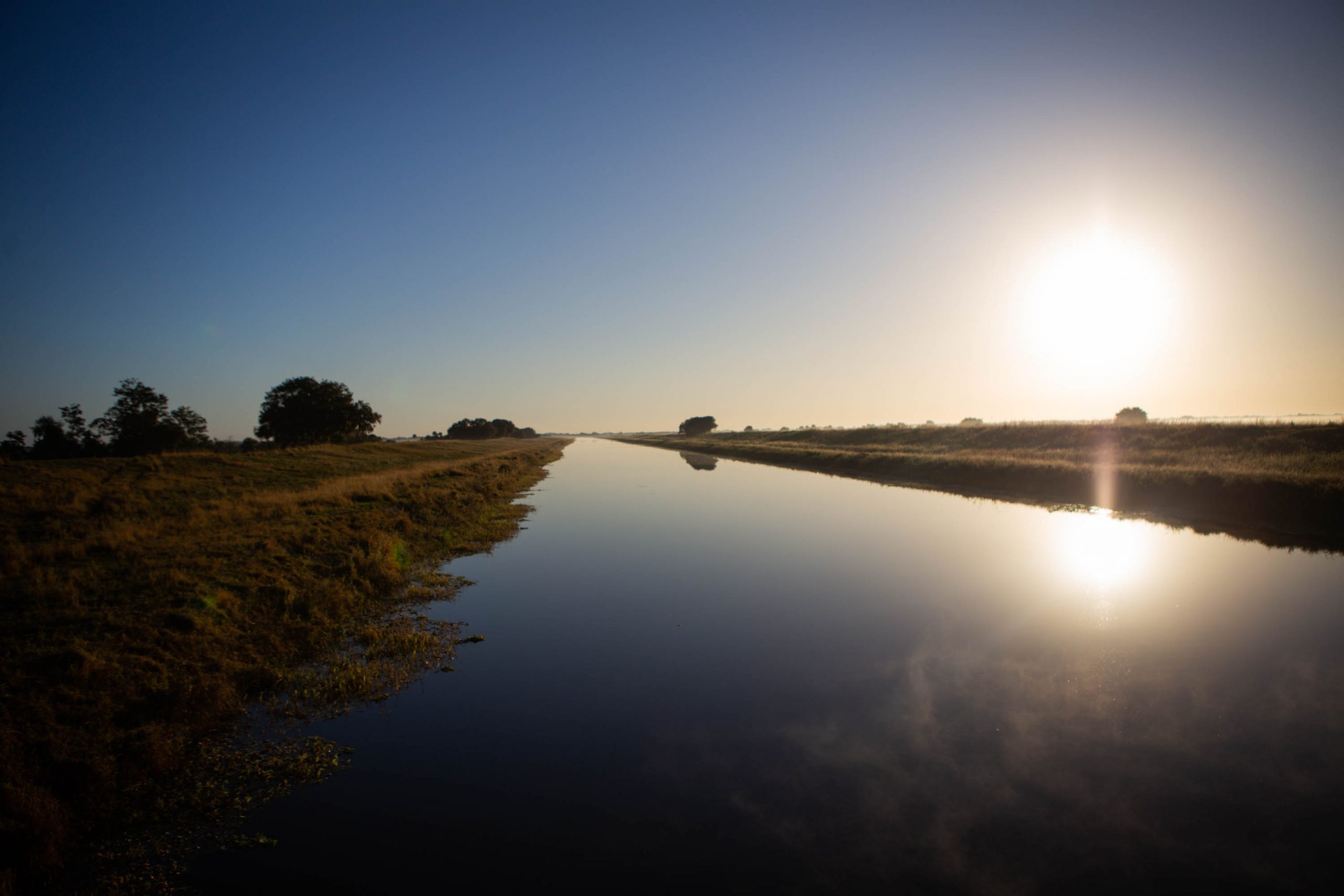Categories
Journalism Water qualitySAN DIEGO, Calif. — One of the hallmarks of investigative journalism is giving people information they need before they know they need it — to identify critically important stories that are hiding in plain sight.
That’s how IRW’s drinking water project began taking shape back in 2014, when problems in the nation’s drinking water systems started cropping up. A chemical spill that year left 300,000 people in the Charleston, West Virginia, metro area without tap water. An outbreak of blue-green algae shut down the water system that served 400,000 people in the Toledo, Ohio area. And water contaminated with high levels of lead began flowing into the homes of the unsuspecting residents of Flint, Michigan.
For several years I worked with a small group of dedicated journalists — Elizabeth Douglass, Jennifer Lu and John Nelson — to estimate the scope of the problem. We learned that many cash-strapped cities can’t afford to replace leaking pipes or outdated treatment plants. That the state and federal regulations that are supposed to protect our water from contaminants are often woefully outdated. And that chemical and farm waste continues to pollute the lakes, rivers and aquifers that supply our water.
Most alarming of all, we saw that the United States is at risk of becoming a country with a two-tiered water system: Good water for those who can pay for it, substandard water for those who can’t.
We decided that a project was needed. A project that would examine the drinking water situation in vulnerable parts of the country, so people could strengthen and protect the systems that deliver this most precious resource.
We started small. Using grant money, we focused on one aspect of the problem: the push by large, private companies to buy vulnerable municipal water systems. In 2017, that investigation appeared in The Washington Post. Other stories were published on the website of a journalism nonprofit, InquireFirst.org,
To go further, however, we needed structural and financial support, which is where IRW came in. Chuck Lewis, IRW’s founder and executive editor, has been interested in water issues for years, and he immediately grasped what we were trying to do. IRW assembled a new team, myself included, and brought on Pulitzer Prize winning reporter Marcus Stern, working in Florida, IRW’s Data Editor Jennifer LaFleur and Managing Editor Lynne Perri — and lots of talented newcomers, incoming Austin R. Ramsey and Meryl Kornfield.
The stories IRW is releasing this week are the result of our early reporting in Florida and California. Over the last 18 months, we had reporters working online, on the ground and on the phone to put together two distinctly different stories that illuminate some of the many water problems prevalent in the country today.
In California, we focused on the neighboring towns of Tooleville and Exeter, one with poor-quality water and the other with clean water. In Florida, we looked at the longstanding problem of phosphorus runoff into Lake Okeechobee that reaches the coasts through rivers and man-made canals, creating algae blooms that drive away tourists and can be toxic to humans.
Along the way, IRW found new partners. The Weather Channel supported our work in Florida and is making it available on weather.com. The Tampa Bay Times published the story online and in print early next week. In California, the Fresno Bee, which has a track record of covering water issues in the state, is co-publishing the project.
Documentary filmmakers Mary Cardaras and Casey Beck joined us, too, filming in Tooleville for months. They chronicled the lives of those who have to use bottled water for drinking, cooking and bathing; they attended city council meetings and neighborhood strategy sessions.
The coronavirus crisis has added new urgency to our work. In this era of fear and uncertainty, it is easy to ignore something as commonplace as our drinking water system. That’s why it’s so important that investigative journalists step in and do what we do best: Give people the information they need to solve a problem before it erupts into a crisis.





